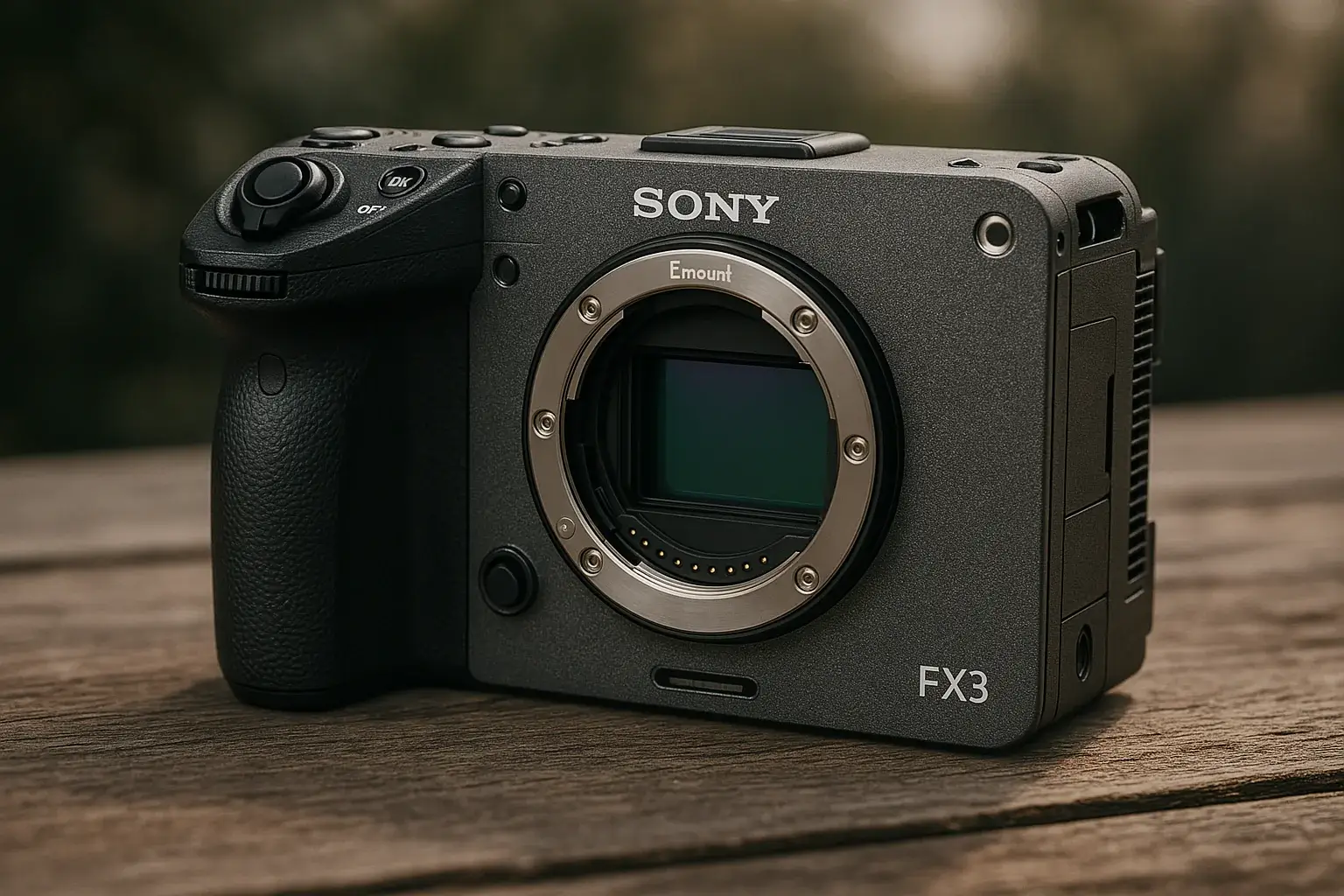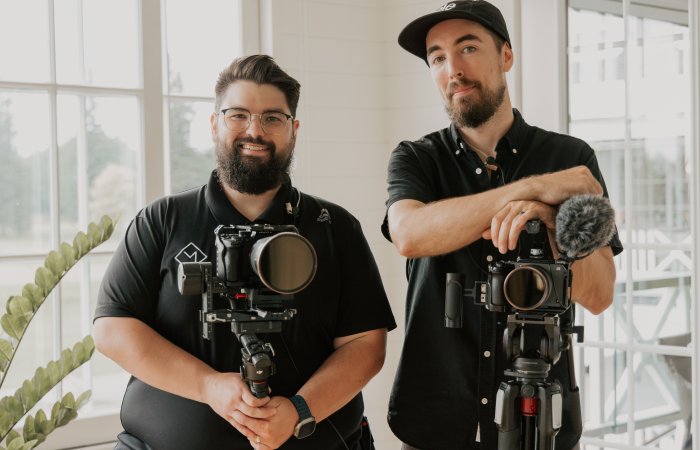When it comes to choosing a camera for video production, Sony and Canon are among the most popular brands. Each has its strengths and weaknesses, but Sony is often preferred by professional videographers for a number of reasons. Here’s why Sony is often considered a better choice for video than Canon.
1. More advanced sensor technology
Sony is renowned for its high-performance sensors, notably the Exmor R and Exmor RS sensors, which offer improved light sensitivity, an excellent signal-to-noise ratio and extended dynamic range. This enables Sony cameras to capture more detail in highlights and shadows, ideal for difficult lighting conditions.
2. Better management of 4K and slow-motion
Sony offers 4K without cropping (full-frame readout) on several of its models, which means there’s no loss of quality due to excessive cropping. What’s more, the brand excels in slow-motion, with cameras like the FX3 and A7S III offering 4K at up to 120 fps without compromising on image quality.
3. Improved ISO and low-light performance
Sony also dominates in terms of low-light performance, thanks to its high dynamic range sensors and noise reduction technology. Videographers can shoot in low light without needing a ton of additional lighting, which is ideal for documentaries, weddings and outdoor shoots.
4. Superior autofocus
Sony has developed one of the best autofocus systems on the market with its Eye AF and Real-Time Tracking technology. This system is particularly precise in video, guaranteeing smooth, reliable tracking of moving subjects, which is essential for videographers who shoot alone or need responsive autofocus.
5. A wide choice of lenses and compatibilities
While Canon has an excellent range of optics, Sony has succeeded in creating an E-mount that is compatible with an impressive variety of lenses, including those from Sigma and Tamron. What’s more, it’s easier to adapt lenses from other brands to Sony cameras, thanks to a range of high-performance adapters.
6. A more video-centric design
Sony designs its cameras with specific features for videographers, such as adjustable screens, advanced image profiles (S-Log3, HLG), microphone and headphone ports on almost all models, and excellent sensor stabilization on several models.
7. Better autonomy and cooling
Sony has improved the heat management of its cameras, and offers batteries that are more efficient than those from Canon. Recent models like the FX3 or A7S III can record long sequences without overheating, which is crucial for professionals.
Conclusion
While Canon remains an excellent choice for photographers and some videographers, Sony clearly stands out in the video field thanks to its low-light performance, advanced autofocus, outstanding 4K quality and videographer-focused design. Depending on your needs, opting for a Sony camera could offer you greater flexibility and better image quality for your video projects.




